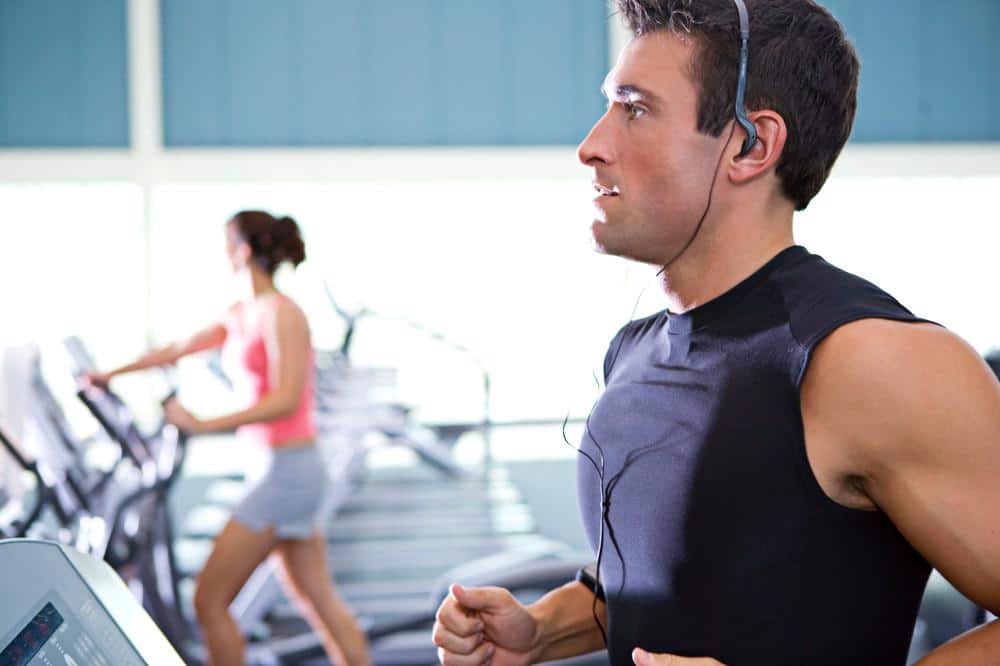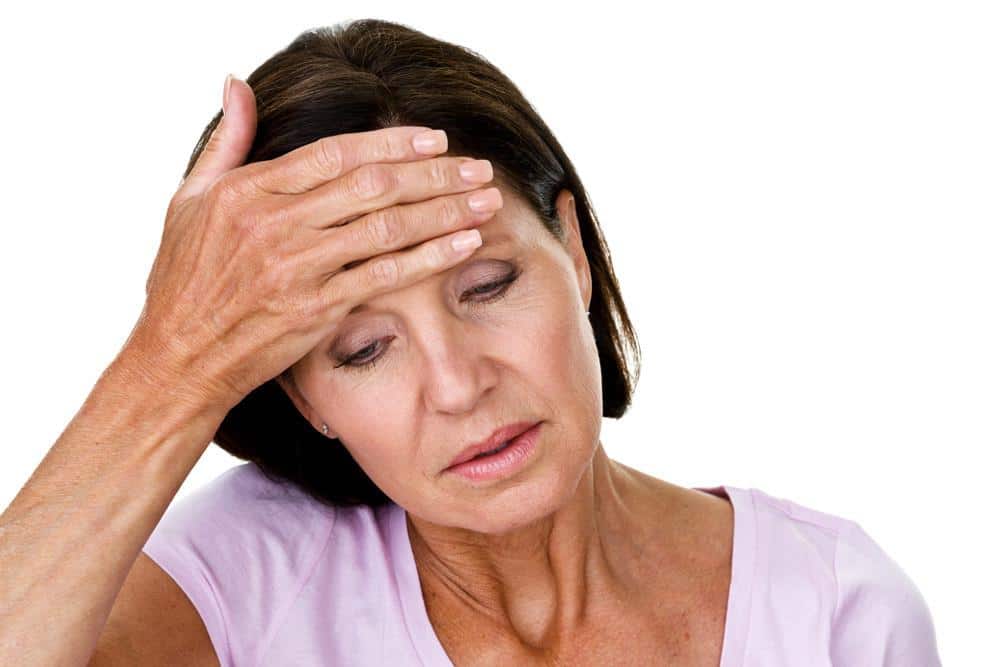It’s impossible to exercise if you don’t have energy. It just doesn’t work. How can you expect to perform routines when you can’t even move your limbs? The most common way to get energy into your body is through your diet. We measure the energy we get from food in calories.
A food calorie is defined as the amount of energy needed to heat one kilogram of water by one degree Celsius. In lots of places around the world, there are rules about labeling food products so they clearly state how many calories they contain. If you’re a professional athlete, you’re going to need lots of calories to sustain a demanding training regimen. If you’re trying to lose weight, there’s a fair chance you’ve tried cutting back on the calories.
Some foods contain more calories than others. Carbohydrates are the main source, and you’ll find them in bread, pasta, rice and potatoes (starch, or complex carbs) or sugar (simple carbs). You can also get energy from fat and protein.
So now you know where to find energy, but how do you make the most of it when you’re exercising? Well, you need to eat properly before your session to make sure you get enough energy. If you eat a bowl of oatmeal in the morning, it should keep you going for a few hours. Something more sugary, like a banana, can provide a more immediate burst in the short-term.
You might think that you then need to eat again after you’ve exercised to try to replenish some of that energy you’ve burned. You certainly need to make sure you’ve got enough power to carry on for the rest of the day. After all, you probably have other obligations beyond your exercise that you need to meet, such as work. Things like energy bites and bars exist as convenient snacks that can work around the requirements of an exercise routine.
Nevertheless, exercise can, on occasion, give you an unexpected energy boost independent of the calories you burn during the session. During exercise, your body will circulate more oxygen and produce more mitochondria, both of which can increase energy levels and help you use that energy better.
If you want to have enough energy, you need to understand how calories work and how your body responds to both to them and to exercise itself.




